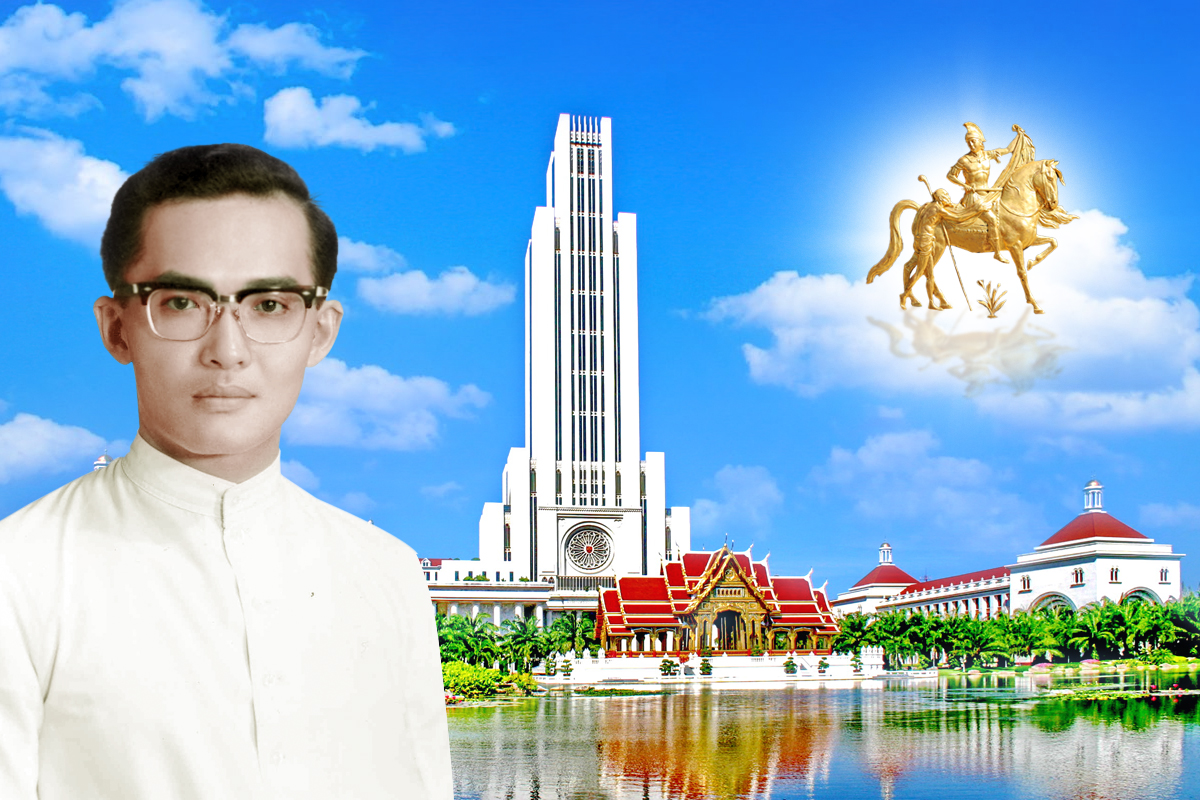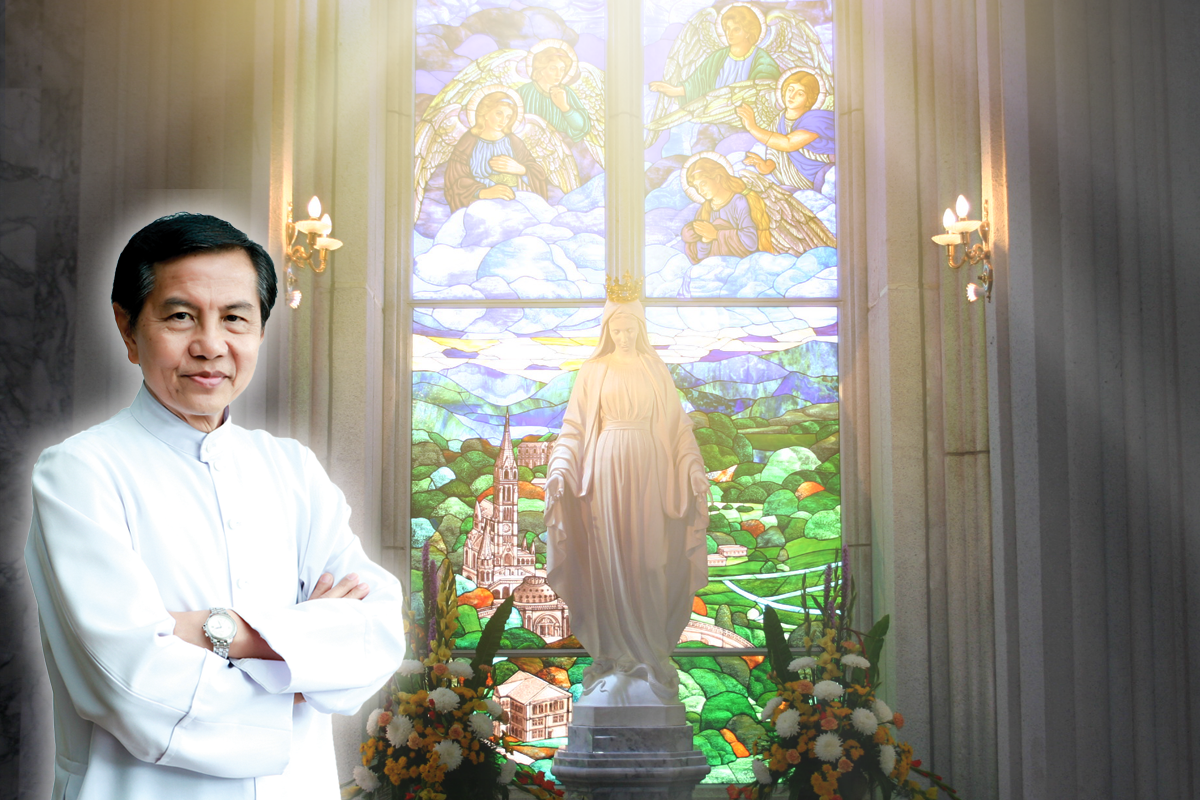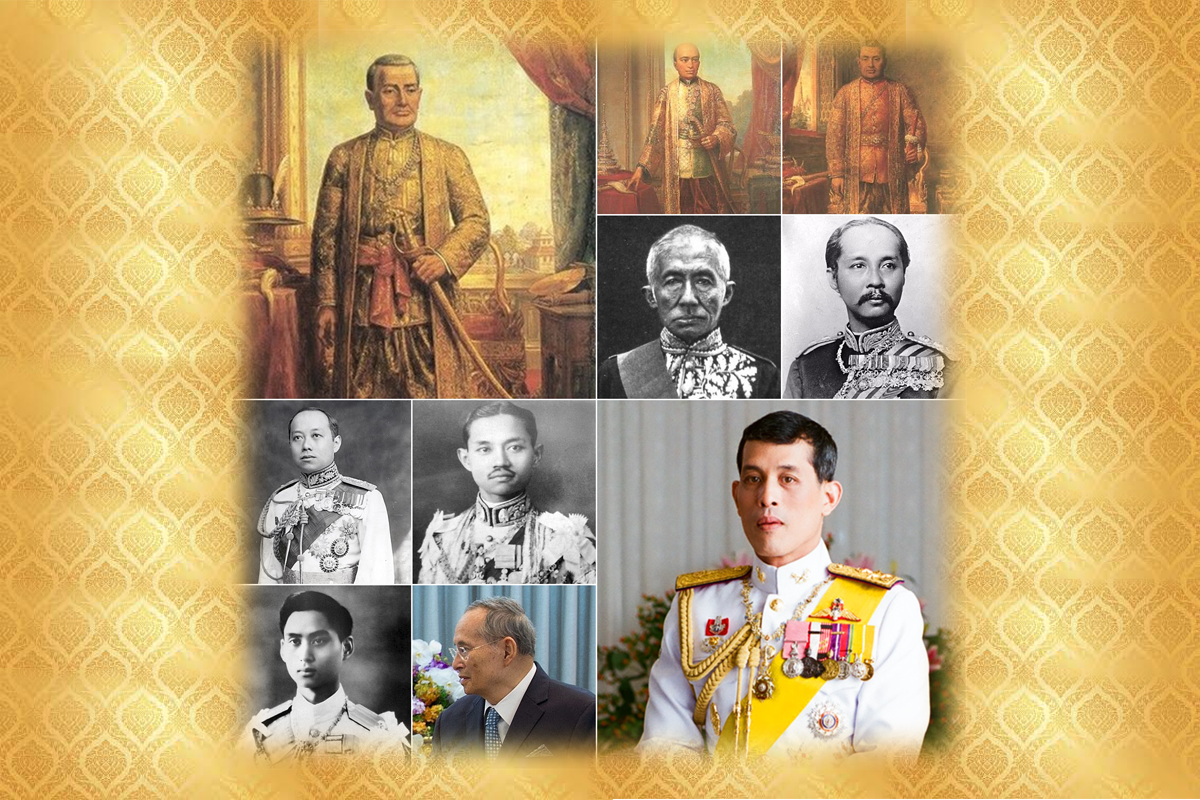
Saint Martin de Tours is the Patron Saint of Rev. Bro. Dr. Prathip M. Komolmas
MARTIN DE TOURS or MARTIN OF TOURS, bishop. B. at Sabaria in Pannonia, 315 (?); d. at Candes near Tours, 397; f.d. 11 November. St Martin, a soldier's son, was born in what is now Hungary and brought up in Italy, at Pavia. As a young officer at Amiens he gave half his ample military cloak to a naked beggar, in whom he was led to recognize Christ, and soon afterwards he was baptized.
About 339 he asked for discharge from the army, for, he said, 'I am Christ's soldier; I am not allowed to fight.' Accused of cowardice, he retorted by offering to stand unarmed between the opposing lines.
However, he was given his discharge, and for some time was in Italy and Dalmatia before living as a recluse on an island off the Ligurian coast.
In 360 he became one of ![]() St Hilary of Poitiers's clergy, and founded a semi-eremitical religious community at Liguge, the first monastery in Gaul. Upon being made bishop of Tours in 370 or 371 he lived at a solitary place nearby, which soon developed into another monastery, Marmoutier. His example and encouragement led to the establishment of other communities elsewhere.
St Hilary of Poitiers's clergy, and founded a semi-eremitical religious community at Liguge, the first monastery in Gaul. Upon being made bishop of Tours in 370 or 371 he lived at a solitary place nearby, which soon developed into another monastery, Marmoutier. His example and encouragement led to the establishment of other communities elsewhere.
St Martin was an extremely active missionary, his preaching being reinforced by his reputation as a wonderworker; he penetrated into the remotest parts of his diocese and beyond its borders, on foot, on donkey-back, or by water.
He was not averse to the forcible destruction of heathen shrines; on the other hand, with Pope St Siricius and ![]() St Ambrose, he stood out against the condemnation to death (ostensibly for practising magic) by Emperor Maximus of Priscillian and other heterodox Spaniards.
St Ambrose, he stood out against the condemnation to death (ostensibly for practising magic) by Emperor Maximus of Priscillian and other heterodox Spaniards.
As an evangelizer of rural Gaul and the father of monasticism in France St Martin of Tours was a figure of great importance, and his fame spread far and wide, not least through the biography and three long letters about him written by his friend Sulpicius Severus.
He was one of the first holy people who was not a martyr to be publicly venerated as a saint, and his influence has been felt from Ireland to Africa and the East. His cloak, Latin capella, was preserved in a shrine, and this has given to the world the words of which the English forms are chapel and chaplain.
Contemporary Life by Sulpicius Severus, tr. in F. R. Hoare, The Western Fathers (1954); P. Monceaux, St Martin of Tours (1928); E. I. Watkin, in Neglected Saints (1955).
Read more...

Saint Albert the Great is the Patron Saint of Rev. Bro. Dr. Bancha Saenghiran
ALBERT THE GREAT, theologian. B. in Swabia, 1206; d. at Cologne, 1280; cd 1931; f.d. 15 November. He studied at the University of Padua, and then, against the wishes of his noble family, joined the newly founded Order of Preachers; he was a lecturer in several German friaries, gaining his master's degree in theology at Paris in 1244.
From 1248 his headquarters was at Cologne where, as director of studies, he had ![]() St Thomas Aquinas among his pupils for four years. After being professor of holy Scripture in Rome for a time, he took part in the organization of the studies of the whole Dominican Order.
St Thomas Aquinas among his pupils for four years. After being professor of holy Scripture in Rome for a time, he took part in the organization of the studies of the whole Dominican Order.
In 1260 Albert was appointed bishop of Regensburg, but resigned two years later, believing that he could be more useful a teacher in the schools. For the last dozen years of his life, he taught theology in Cologne, with a break in 1274 when he t an active part in the general council at Lyons.
Not for nothing is St Albert called 'the Universal Teacher': written works are voluminous in bulk and encyclopaedic in scope: they include, as well as biblical and theological works and sermons, treatises on logic, metaphysics, ethics, and the physical sciences.
His interests extended to physics, astronomy, chemistry, and bi logy, to human and animal physiology, to geography, geology, botany. But he stands out in particular for his recognition of autonomy of human reason in its own sphere, of the validity knowledge gained from sense-experience, and of the value Aristotle's philosophy in systematizing theology. Aquinas perfect the synthesis.
St Albert was canonized by being enrolled among the doctors of the church by Pope Pius XI in 1931. He was also named patron saint of students of the natural sciences, for he had, said the pope, 'that rare and divine gift, scientific instinct, in the highest degree ...; he is exactly the saint whose example ought to inspire the present age'.
H. Wilms, Albert the Great (1933).

Read more...
Source:
Attwater, D., & John, C. R. (1995). The Penguin dictionary of saints. 3rd ed. Penguin Books.



